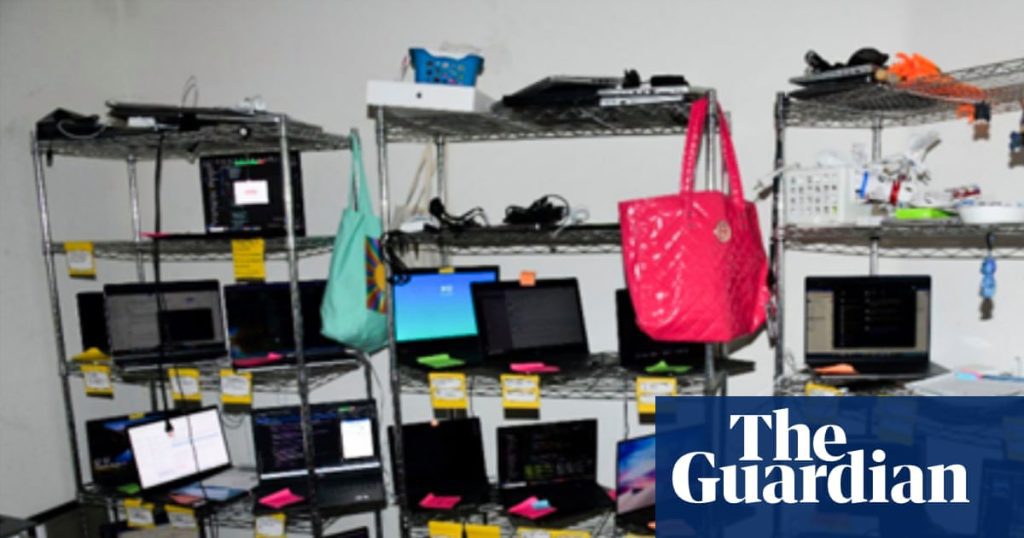The Start of a New Scheme
In March 2020, coinciding with the onset of the COVID pandemic, Christina Chapman, who split her time between Arizona and Minnesota, received a LinkedIn message inviting her to represent a company and assist overseas IT professionals in securing remote jobs.
Remote Work Opportunity
As remote work became common, Chapman successfully placed foreign workers in numerous US companies, including notable names in the Fortune 500 like Nike, a technology firm in Silicon Valley, and a globally recognized media and entertainment corporation.
Deceptive Practices Revealed
However, unbeknownst to the employers, the hired individuals were actually from North Korea. Chapman became involved in a scheme orchestrated by the North Korean government to deploy thousands of skilled IT workers by fraudulently misrepresenting their identities as being in the US or other countries, generating millions to support the regime’s nuclear ambitions, according to the US Justice Department.
Chapman’s Downfall
Chapman’s story is a unique fusion of geopolitics, international crime, and a personal narrative of isolation in a gig economy, where distinguishing reality from deception has grown increasingly difficult. Over time, she established operations known as “laptop farms” to support the fraudulent activities.
Facilitators in the US
To execute these schemes, the North Koreans required accomplices within the US. Companies, reluctant to ship equipment to North Korea or even China, were approached by individuals in search of gig jobs, offering incentives for managing laptops. This helped the North Koreans pose as US citizens, validating stolen identities and facilitating remote connections for their workers.
Legal Consequences
Ultimately, after a federal investigation, law enforcement discovered 90 laptops at Chapman’s residence. She pleaded guilty to multiple charges including conspiracy to commit wire fraud and was sentenced to over eight years in prison, alongside financial penalties. The fraud resulted in substantial losses for numerous individuals and companies, highlighting a broader issue that persists in the evolving remote work landscape.
Future Implications
As cybercriminals continue to exploit the digital landscape, experts suggest that companies should enhance vetting processes, including open-source research on applicants, to identify fraudulent activities. The rise of artificial intelligence among fraudsters raises further concerns, emphasizing the need for vigilance in an increasingly remote workforce.



